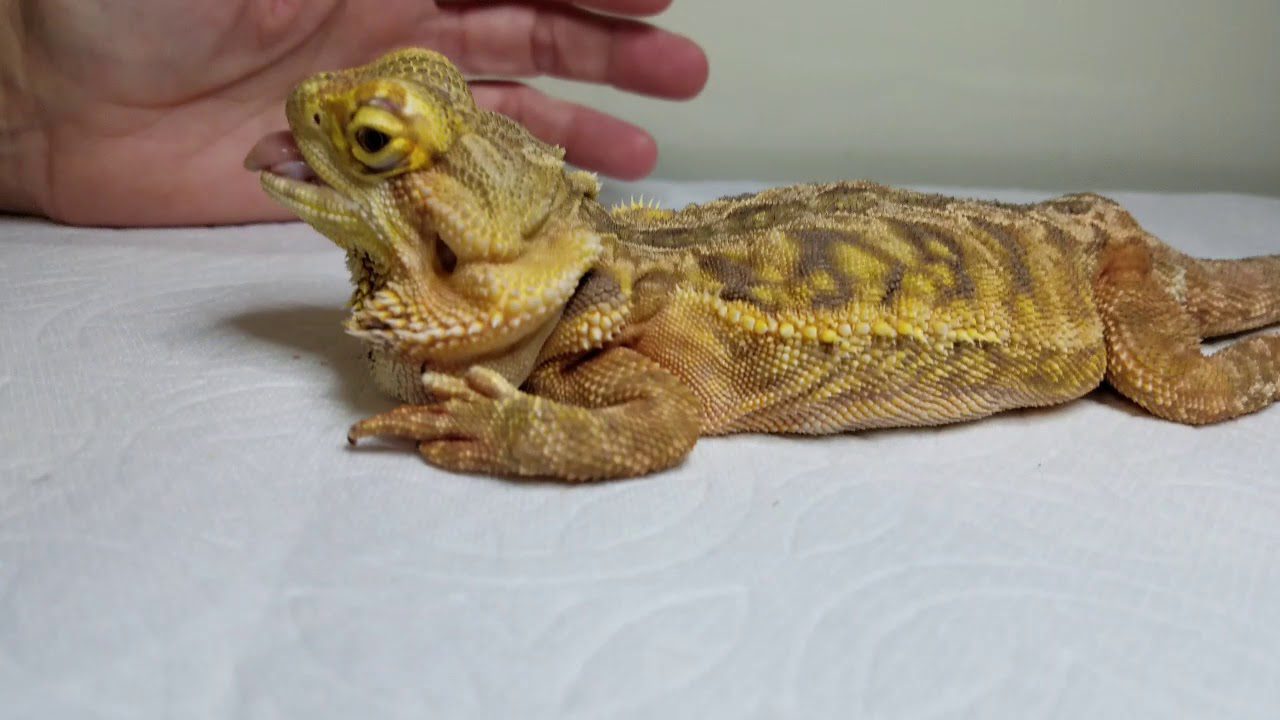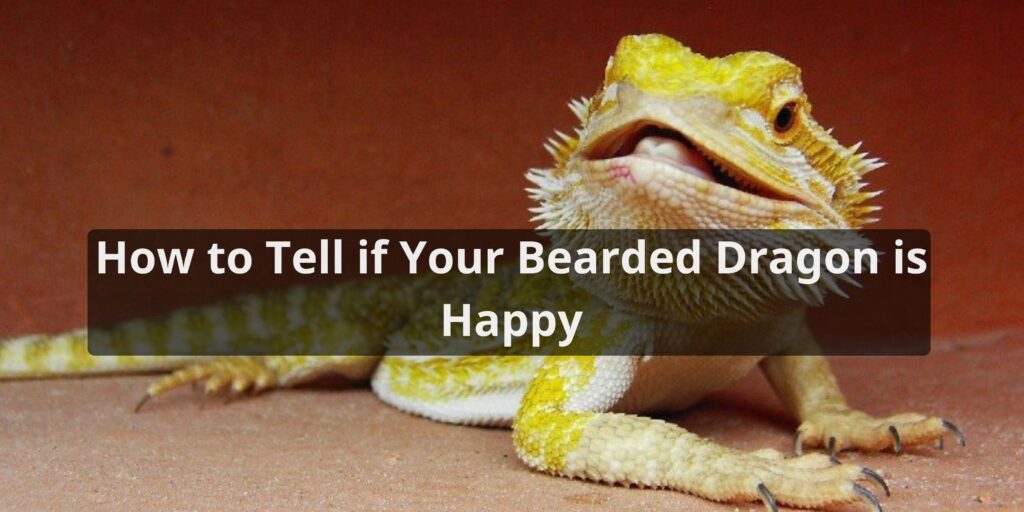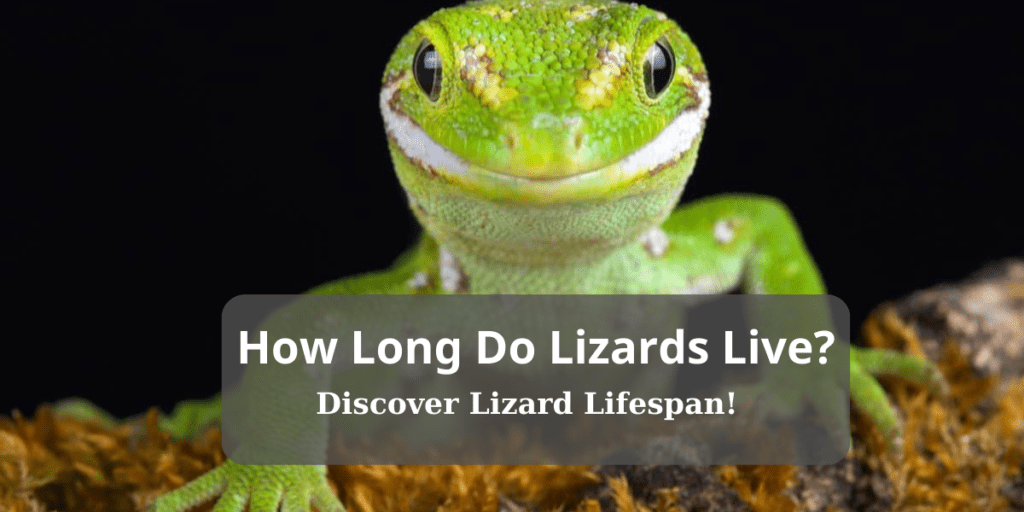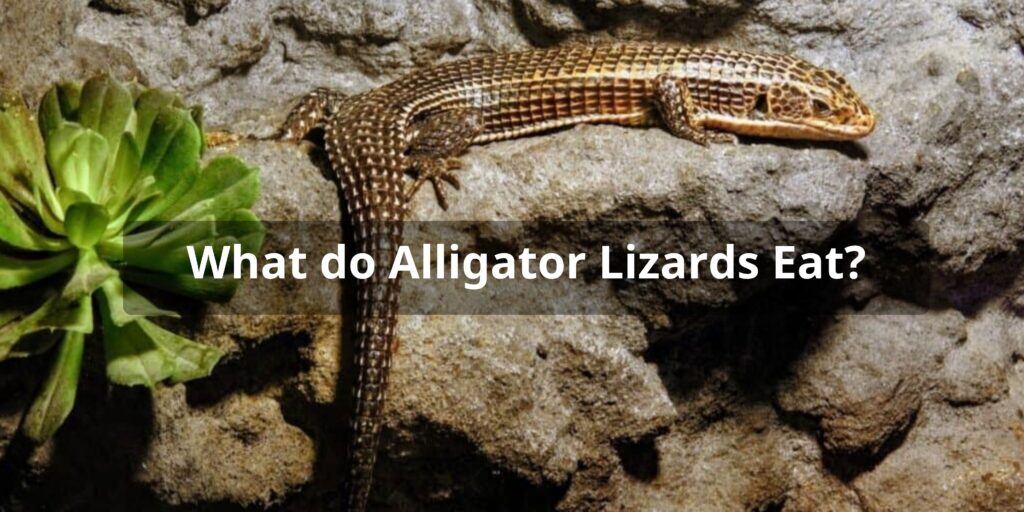Bearded dragons make wonderful pets. They are gentle, easy to care for, and have endearing personalities. As a bearded dragon owner, you want to make sure your reptile friend is happy and healthy. Here are some tips on how to tell if your bearded dragon is happy.
Look for Signs of Relaxation

A happy bearded dragon will display relaxed body language. When content, bearded dragons tend to lay flat and fully extend their legs. Their muscles will appear loose and floppy, without tension. A relaxed posture signals your bearded dragon feels safe and comfortable in its habitat.
You can also look for a lizard “pancaking” itself. This is when a bearded dragon flattens its body against a warm surface to soak up heat. Pancaking shows a calm, stress-free state of being.
Observe Regular Basking
Bearded dragons need to bask in order to maintain their body temperature. A healthy bearded dragon will bask several times a day. Basking involves positioning the body under a heat lamp or warming from sunlight.
If your bearded dragon stops basking or decreases basking time, it may be a sign of illness or stress. Make sure the enclosure has a proper basking area reaching about 95-110°F. Spending lots of time basking is normal for a content reptile.
Watch for Bearded Displays
Bearded dragons puff out their throat when they feel safe and relaxed. The reptile will turn its beard black for several reasons, including regulating temperature and showing excitement when expecting food.
Bearded displays can also communicate happiness to other bearded dragons. If you have multiple dragons in one habitat, beard puffing may signify bonding behavior between the lizards.
Look for Bright, Alert Eyes
Healthy bearded dragons have clear, alert-looking eyes. Their eyes are naturally very expressive. When a bearded dragon feels content, its eyes will be wide open and watching everything going on around them.
Droopy, sunken, or watery eyes can be a symptom of sickness or stress. Make sure the enclosure is free from harmful humidity and temperatures. Proper lighting is also key to eye health.
Check for Strong Appetite
A good appetite is a great indicator your bearded dragon is happy and healthy. Make sure to feed a balanced diet of vegetables and live prey. Observe your lizard at feeding times – is it excited to eat? Does it readily consume its prey?
Loss of appetite can warn of medical issues. Monitor weight loss and lethargy along with lack of hunger. An unhealthy bearded dragon may need to see a veterinarian.
Look for Exploration
When your bearded dragon is awake and active, does it move around its habitat exploring? Happy bearded dragons are naturally curious and alert. They will climb over rocks and branches, investigating every nook and cranny.
If your bearded dragon tends to stay in one spot, it could be feeling ill or stressed. Make sure their home has plenty of stimulating things to climb on and hide under to keep them occupied.
Notice Positive Interactions
A bearded dragon that enjoys human interaction is likely feeling content. Does your lizard come up to the glass when you approach? Does it crawl on your hand and arm? These behaviors show it is comfortable around you.
Some signs your bearded dragon likes interacting include closing its eyes, holding its head up, climbing on you, and vocalizing. If handled since a young age, a happy bearded dragon will be very friendly.
Provide the Proper Habitat
Creating the ideal habitat will help ensure your bearded dragon’s happiness. Some habitat tips:
- Large enclosure (40+ gallon tank for juveniles, 75+ gallons for adults)
- Proper lighting and controlled temperatures
- Hiding places like branches, rocks, and logs
- Substrate that holds heat and allows for burrowing
- Water bowl big enough for soaking
- Cleanliness – spot clean droppings daily
Conclusion
There are many clear signs that point to a bearded dragon feeling safe and content. Relaxed posture, regular basking, a healthy appetite and bright eyes all indicate your reptile pet is happy. Make sure to provide proper habitat conditions, nutrition, and handling. A healthy bearded dragon will be an alert, friendly companion for years to come. Let your bearded dragon’s behavior cues and body language guide you in caring for a happy pet.
FAQs About How to Tell If Your Bearded Dragon is Happy
How does my bearded dragon’s appetite relate to its happiness?
A healthy appetite is often linked to a happy bearded dragon. If your dragon is eating regularly, it’s a positive sign. However, changes in appetite can also signal underlying health issues, so monitor it closely.
Are there any environmental factors that influence a bearded dragon’s happiness?
Yes, environmental factors greatly impact a bearded dragon’s happiness. Proper temperature, lighting, and habitat setup are crucial. Providing a secure and stimulating enclosure with hiding spots and a basking area contributes to their well-being.
What role does interaction with my bearded dragon play in its happiness?
Interaction is essential for a bearded dragon’s social well-being. Regular handling and gentle interaction help build trust and can make them happier. However, always respect their boundaries and avoid overhandling, which may cause stress.
Should I be concerned if my bearded dragon is unusually inactive?
Yes, unusual inactivity can be a sign of health issues or stress. Monitor your dragon closely if it becomes excessively lethargic. Check for proper heating and lighting in their enclosure and consult a vet if the behavior persists.
Are there any common mistakes to avoid that might make my bearded dragon unhappy?
Avoiding common mistakes is vital. These include inadequate habitat setup, improper temperature and lighting, poor diet, and excessive handling. Providing the right conditions and care will help ensure your bearded dragon’s happiness and well-being.



